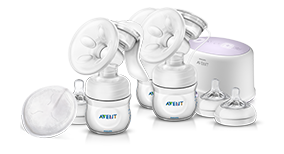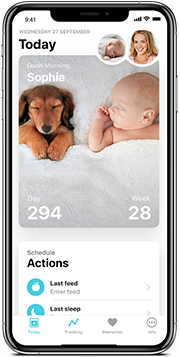Foods to eat in moderation
It’s thought that some foods can cause problems for babies when passed on through breast milk. These include: too much gas, colic symptoms and even diarrhoea. The common culprits are tomatoes, excessive citrus juice or fruit, garlic and raw onion, cabbage and brussels sprouts, strawberries, mushrooms, fizzy drinks, spicy food, chocolate and all kinds of beans. You shouldn’t cut them all out completely, just eat them in moderation and only exclude them if you think they are causing your baby a problem.
Sometimes, sensitivity to dairy foods can cause colic-type symptoms in your baby. If you are considering cutting out dairy foods for a while, ask advice from a Healthcare Professional first, to make sure you still get the vital nutrients you and your baby need.
Another good tip is to try and avoid too much caffeine in tea, coffee, cola and other soft drinks. Otherwise you could find yourself with a jittery and wakeful baby.














